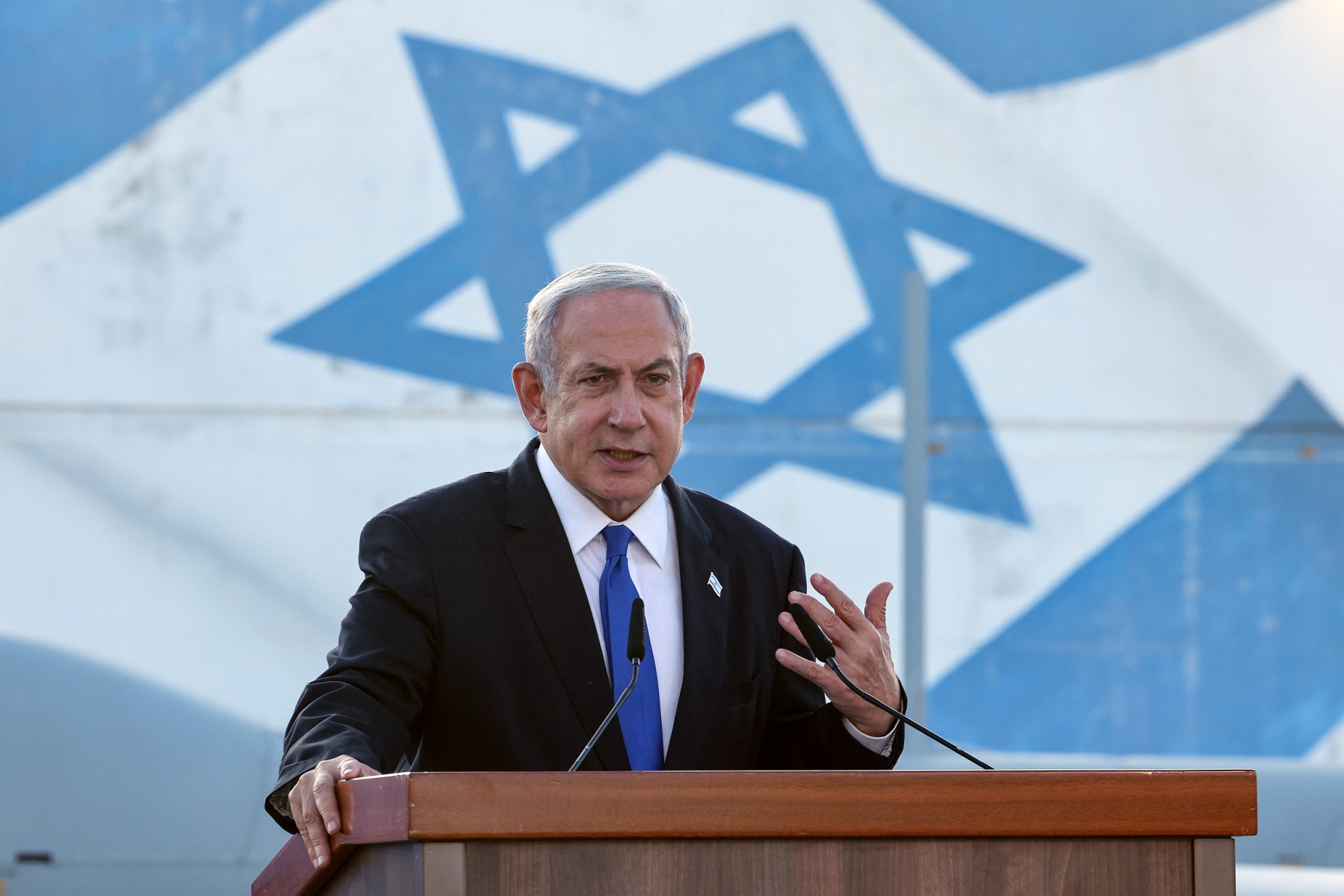Tel Aviv, Israel – Israel’s Prime Minister Benjamin Netanyahu has welcomed the launch of the ambitious India-Middle East-Europe Economic Corridor (IMEC) as the “largest cooperation project in our history” that will have a profound impact on the Middle East, Israel, and the world.
Leaders from the United States, India, Saudi Arabia, the United Arab Emirates, France, Germany, Italy, and the European Union jointly unveiled the IMEC in New Delhi as a countermeasure to China’s Belt and Road Initiative (BRI).
Netanyahu said that Israel would be at the center of this unprecedented international project, connecting infrastructure from Asia to Europe.
“I welcome the statement released today by the United States, India, Saudi Arabia, the UAE, and the European Union, as well as France, Italy, and Germany. Israel is the focus of an international project that will link infrastructure from Asia to Europe,” he said. “This initiative will bring about a multi-year vision that will change the face of the Middle East, Israel, and the entire world.”
The IMEC is seen as a potential substitute for the BRI, which was initiated by Chinese President Xi Jinping in 2013 but has faced criticism, particularly regarding debt sustainability in smaller countries.
Netanyahu expressed his gratitude to the US President Joe Biden and his administration for their efforts in making this historic announcement possible. He noted that Israel’s involvement in the initiative would make the dream of “normalizing the Middle East” a reality.
The project includes plans for the construction of trains, hydrogen pipelines, fiber optic communications lines, electrical cables, and other critical infrastructure.
To expedite the realization of this ambitious vision, Netanyahu directed the National Security Council in the Prime Minister’s Office to coordinate the necessary staff work and closely cooperate with the United States and other partner countries.

